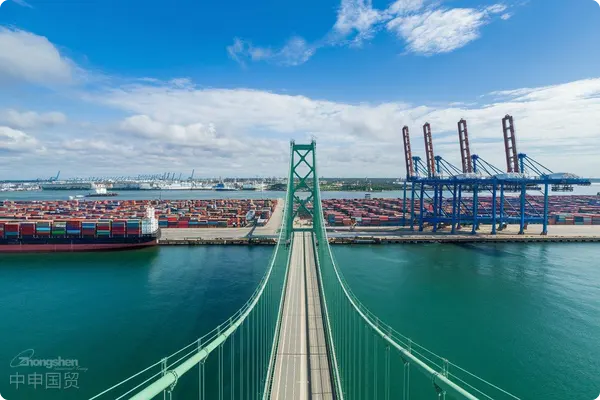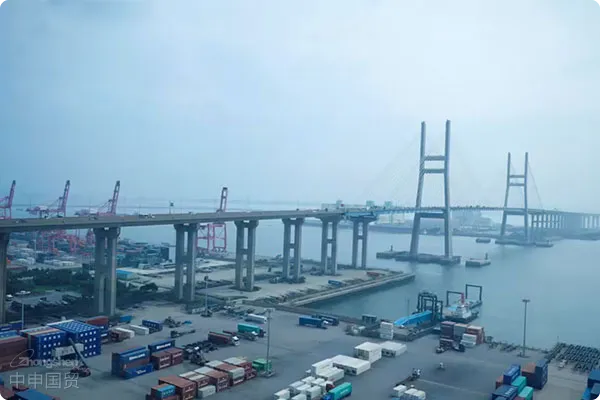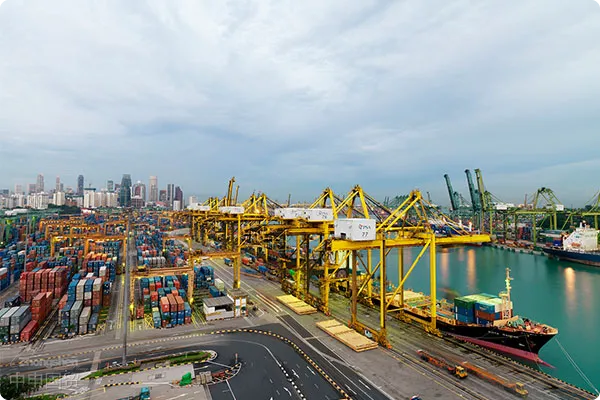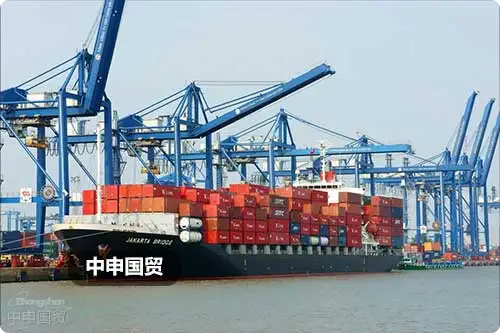- Shanghai Zhongshen International Trade Co., Ltd. - Two decades of trade agency expertise.
- Service Hotline: 139 1787 2118
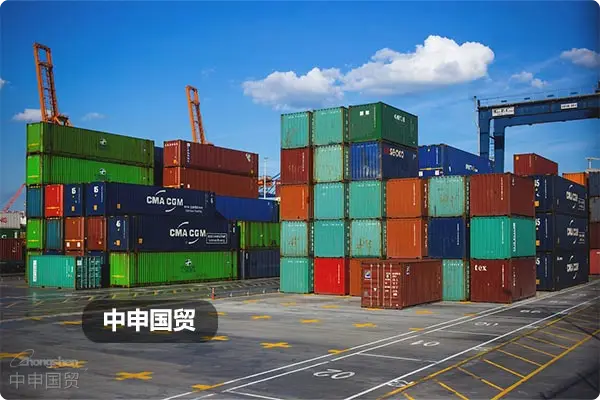
In the tide of globalized trade,Export Drawbackis an important policy measure to promote the development offoreign tradetrade. For enterprises conducting business throughExport Representationit is crucial to understand the requirements and standards for export agency export tax rebates. This is not only related to whether enterprises can obtain tax rebates smoothly, but also a key factor affecting enterprise cost control and market competitiveness. This article will interpret all aspects of the relevant requirements and standards in detail.
I. Requirements for Subject Qualification
Enterprise Type
Export enterprises must have legal business qualifications. Generally, they include various foreign trade enterprises, manufacturing enterprises, etc. Foreign trade enterprises need to haveimport and exportthe right to operate, be registered with the administrative department for industry and commerce, and engage in import and export business in accordance with the provisions of the Foreign Trade Law. Manufacturing enterprises need to have production capacity, and the products they produce should fall within the scope of the export tax rebate policy. For export agency enterprises, they also need to have legal agency qualifications, and their business scope should include export agency business.
Tax Registration
Whether an enterprise exports on its own or through an agent, it must conduct tax registration in accordance with the law. This is a basic prerequisite for applying for export tax rebates. Only after accurate registration with the tax authorities, clarifying the enterprises tax - paying identity and relevant tax information, can the subsequent tax - rebate process be carried out. Enterprises should ensure the integrity and accuracy of tax registration information, including enterprise name, taxpayer identification number, legal representative, etc.
II. Standards Related to Goods
Source and Ownership of Goods
Export goods must be self - produced by the enterprise or goods regarded as self - produced. For foreign trade enterprises, the purchased goods need to have legal purchase vouchers, such as value - added tax special invoices. In the case of agency exports, the export agency enterprise needs to ensure that the goods it represents for export have a legal and compliant source and can provide clear proof of the goods source. Moreover, the ownership of the goods should be clear, and there should be no property rights disputes or other situations that affect tax rebates.
Scope of Goods Export
Not all goods exports can enjoy the tax - rebate policy. The state has clear regulations on the scope of goods eligible for export tax rebates. Generally, it includes goods encouraged for export, such as high - tech products and agricultural product processed goods. Some goods restricted or prohibited from export by the state cannot enjoy tax rebates. Enterprises and export agency enterprises need to accurately determine whether the goods are within the scope of export tax rebates, and can check according to the Catalogue of Goods Eligible for Export Tax Rebates announced by the state.
III. Document Requirements
Customs Declaration Form
The customs declaration form is one of the important documents for export tax rebates. The information on the customs declaration form must be accurate and complete, including the name, specification model, quantity, unit price, total price, export date, mode of transportation, trade mode, etc. of the goods. Export agency enterprises should pay special attention to the filling specifications of the customs declaration form to ensure consistency with other tax - rebate documents. For example, the name of the goods on the customs declaration form should be consistent with the name of the goods on the value - added tax special invoice, and the customs code should also be consistent. Otherwise, the tax - rebate application may be rejected.
Value - added Tax Special Invoice
For manufacturing enterprises, their self - produced goods for export need to have corresponding value - added tax special invoices for the production process to prove the value - added situation of the goods. Foreign trade enterprises and export agency enterprises must obtain legal and valid value - added tax special invoices when purchasing goods. Information such as the name of the purchasing unit, taxpayer identification number, name of the goods, amount, tax rate, etc. on the invoice must be accurate. There are also certain requirements for the invoice issuance date, which should be within the specified time range, and the invoice needs to be tax - certified to ensure its authenticity and legality.
Other Documents
In addition to the customs declaration form and the special VAT invoice, other documents may be required to support the export tax rebate application. For example, the export verification form (under certain regulatory circumstances), the export contract, transportation documents (such as bills of lading, waybills, etc.), packing list, etc. These documents should corroborate each other to form a complete chain of evidence to prove the export situation of the goods, the authenticity of the transaction, etc. Export agency enterprises need to properly collect, organize and keep these documents and file declarations as required by the tax authorities.A complete export agency agreement should be attached with:IV. Time Requirements
Declaration Deadline
Enterprises and export agency enterprises must file export tax rebate declarations within the specified time. Generally speaking, there is a certain declaration deadline starting from the date of customs declaration for export of goods, such as before April 30 of the following year (the specific deadline may be adjusted according to policies). If the declaration is overdue, the tax authorities will no longer accept the tax rebate application, and the enterprise will lose the opportunity to obtain the tax rebate. Therefore, export agency enterprises should establish an effective time management mechanism to ensure timely collection of all documents and filing of declarations.
Document Acquisition Time
In the entire tax rebate process, there are also time requirements for the acquisition of various documents. For example, the special VAT invoice should be obtained in a timely manner before or after the export of goods to meet the document matching requirements for tax rebate declarations. The customs declaration form is generally obtained after the export of goods. Export agency enterprises should promptly obtain the special tax rebate copy of the customs declaration form from the customs to avoid affecting the tax rebate declaration due to untimely acquisition of documents.
The requirements and standards for export tax rebates for export agency cover many aspects such as subject qualifications, goods, documents and time. Only when enterprises and export agency enterprises deeply understand and strictly abide by these requirements and standards can they successfully complete the export tax rebate process and enjoy the benefits brought by the tax rebate policy. With the development of the international trade situation and the continuous adjustment of national policies, the relevant requirements and standards may also change. Enterprises and export agency enterprises need to continuously pay attention to policy dynamics to ensure that their export tax rebate business always complies with regulations.
Conclusion
In - depth Analysis of the Requirements and Standards for Export Tax Rebates for Export Agency_Shanghai Zhongshen International Trade Import and Export Agency Service
Related Recommendations
? 2025. All Rights Reserved. 滬ICP備2023007705號-2  PSB Record: Shanghai No.31011502009912
PSB Record: Shanghai No.31011502009912
